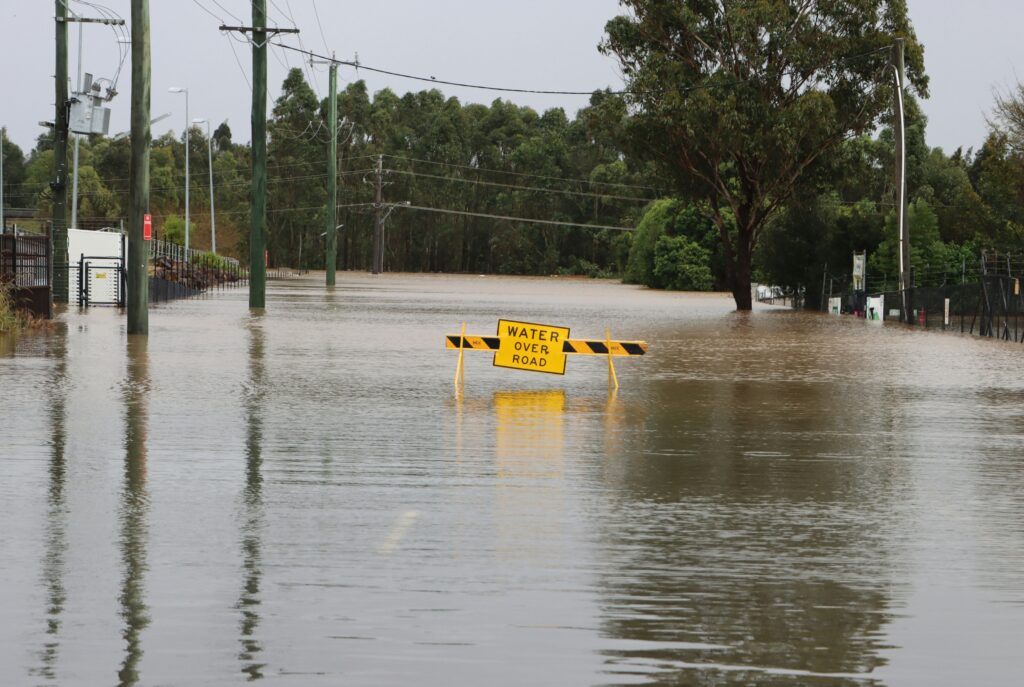We have previously discussed why we don’t think global warming is behind urban flooding. But even if it is, and even if urban flooding is going to get worse, there remains the question what people are prepared to do to get out of the way of this looming disaster. Not much, according to economists from the London School of Economics. Indeed less than nothing. Globally, their study shows that low-elevation areas attract three to four times more economic activity per square kilometer than high elevation areas, even though they are known to flood more often (and have been since before the climate crisis changed nothing) and when they flood, suffer larger damages. But then they recover just as quickly as high-elevation areas. Typically things are back to normal within a year, and the data indicate people don’t flee with their few remaining soggy belongings, they clean up and carry on. Which, among other things, tells you how low they rank the flood-risk issue on the overall scheme of what’s important.
The authors find that people who cluster in low-lying areas really seem to prefer it there, which presumably explains why they live there. And that these people show no propensity to leave even when a flood strikes, so apparently they understood the risk and were ready to face it. The authors phrase this in academic econo-jargon by saying “our findings indicate that the elasticity of human location with respect to changes in locational fundamentals is in reality rather low.” In case you are not in the habit of speaking thusly, “elasticity” means how much one thing changes in response to something else changing.
If the price of something increases and people buy a lot less of it, the “price elasticity” is high. And if the “locational fundamentals” deteriorate, as an economist might describe their basement filling with muddy water, and they clean up, get new carpets and don’t sell the house, their “elasticity of human location” is low.
This finding, once translated, leads to another important conclusion. By watching how people vote with their feet, planted on their dried-off coffee table in this case, we learn that they don’t believe the hype about a climate emergency. Even if they think the risk of flooding is going up, they don’t think it’s going up catastrophically. They think they’d sacrifice more of their well-being by heading for the hills than by staying where they are.
This reaction may or may not be a good thing. But if there’s a problem here it’s government, not hurricanes. Many people in disaster-prone regions have come to expect to be bailed out by the state, literally and figuratively, and a significant part of the rescue and relief is subsidized by people who live outside the risky areas. And while it’s understandable that no politician wants to be the hard-hearted skinflint when victims and voters clamour for emergency relief, what if the public assistance to rebuild takes away the incentive to move off the floodplain? If so, compassion turns into a subsidy for exposing yourself to unnecessary risk from people who are more sensible. It would be far better to require people to get private insurance (including for rescue services) so we’d find out what they really think the risks are.
Still, the authors say the indicators are pretty clear: as the world continues to urbanize, its population moves more and more to low-lying flood-prone areas. Cities located on rivers and coastlines seem to be where the opportunities are, and it’s where people want to live. So plainly they don’t believe the hype from climate alarmists that they’re moving to Atlantis.



My Bangladeshi friend tells me that the people in the low-lying areas of his home country are the same way. They live in places that flood unpredictably but regularly, and think it is the best place in the world to live. And they are mostly quite poor.